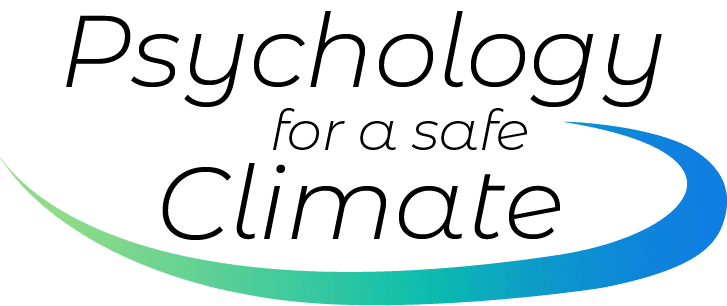By Dr Sally Gillespie
“Creating a safe container for mutual revelation is a healing process. It is a simple ritual, yet few of us have been granted this type of sacred ground.”
Francis Weller, The Wild Edge of Sorrow
Recently I chaired a panel which brought together community leaders from Australia and the Pacific to tell their communities’ stories of enduring climate catastrophes and emerging practices for resilience. (Listen here). The theme that surfaced from the discussion of their own stories was the importance of storytelling to recovery from disaster and to sustain ongoing climate engagement.
Panelist Jo Dodds, President of Bushfire Survivors for Climate Action reported how, following the Black Summer fires, stories were spilling out in supermarket aisles day after day. “Telling our stories was an important part of recovery”, she said, while adding that there’s a limit to how many stories you can listen to while in the midst of shopping.
Permaculture educator and founder of Permayouth, Morag Gamble, shared that when young people from refugee camps in Africa and here in Australia share stories, they find feelings in common as they recognise how the climate crisis is affecting them all. “Often they tell me we’ve just not ever really had a space to speak up before, no one’s really listened or even asked.”
As a result of these facilitated cross-cultural conversations, many of the young people have become leaders for what they call ‘practivism’ in their various communities. They identify themselves as ‘possibilitarians’, finding a new language for themselves together.
Sharing stories and experiences plays a vital role in helping communities come together to face realities, express feelings, make meanings and commit to action. This is why creating contained spaces for sharing stories in groups is central to our work in Psychology for a Safe Climate.
When we can articulate, no matter how haltingly, our own experiences and feelings, it helps us to find our feet and develop new directions for the changing terrain of today’s world.
When we hear other’s stories, we can open our minds and hearts to new understandings of where we are, while forging common ground, companionship, insight and inspiration that nurtures resilience and the motivation to act.
Foundational to this work is the creation of a confidential safe space where stories can be shared, listened to deeply and reflected upon collectively. Psychotherapist Haaweatea Holly Bryson, another panellist, stressed the importance of simple rituals for creating and holding a supportive container when people share their stories. These rituals might include the ringing of a bell at the beginning and end of the sharing process, a grounding meditation at the start of the meeting, as well as strictly observed timekeeping and ground rules to ensure deep and respectful listening. Equally important, says Haaweatea, is to sit in a circle, so that participants can collectively be responsible for creating safety and for tracking one another. While not as embodied as meeting in person, online circles can also be safely held when all the participants can be seen on one screen.
We cannot evolve community-based perspectives, actions, and organisations vital for climate action without listening to each other’s stories of how it is on our lands and waters, and in our homes and hearts.
Out of this listening can come generative community dialogues which shift participants beyond their habitual assumptions and viewpoints, opening up the capacity for holding a multiplicity of perspectives and emergent meanings, while also providing a contained space to process together the way our world is changing.
If you would like to learn more about holding and experiencing a supportive sharing space for your own and others’ climate stories, PSC runs monthly online Climate Cafes. Sharing, listening and being quiet together are all part of Climate Cafes. Through telling and hearing one another’s stories we can together create a reflective space within which new stories can form for ourselves, our communities, our work and our world.

